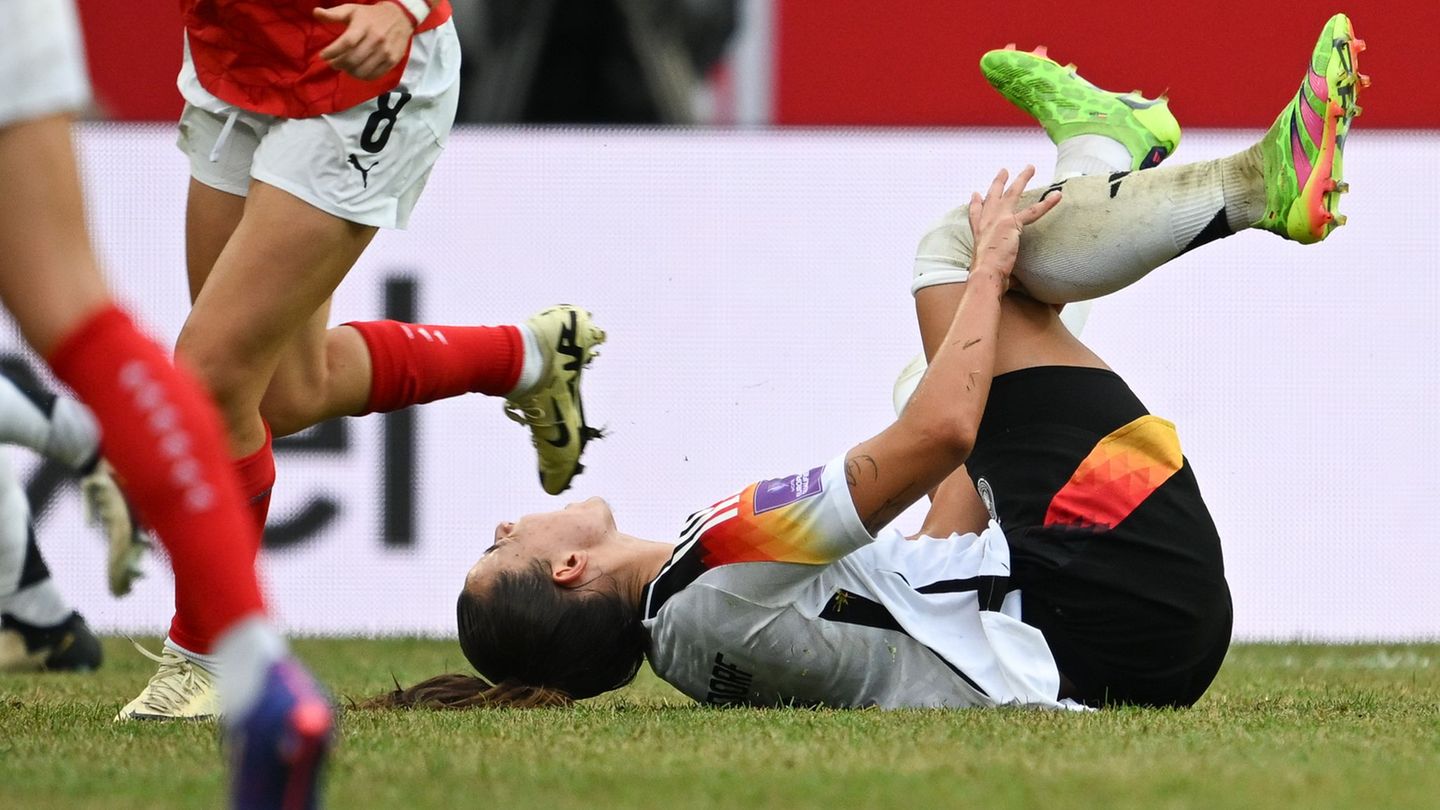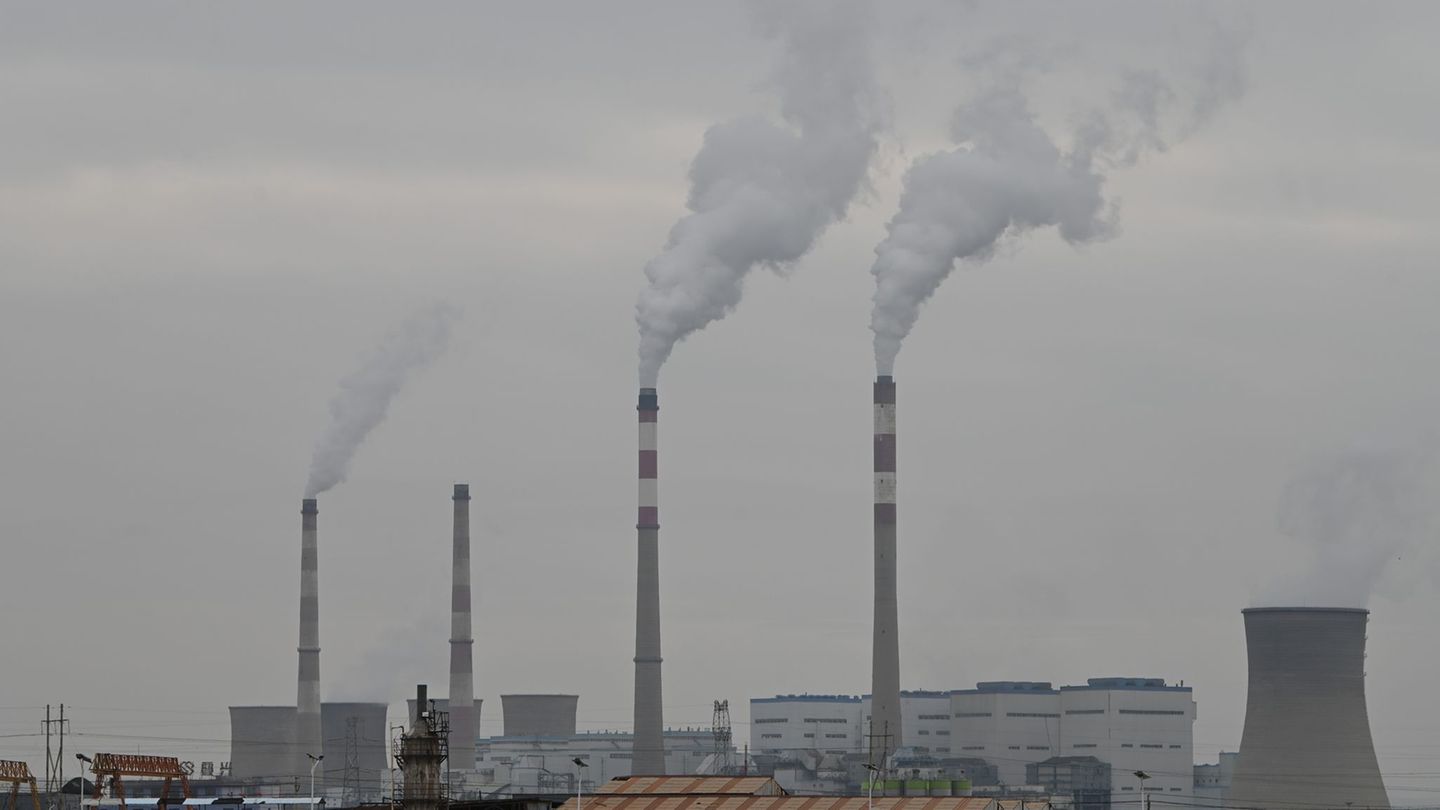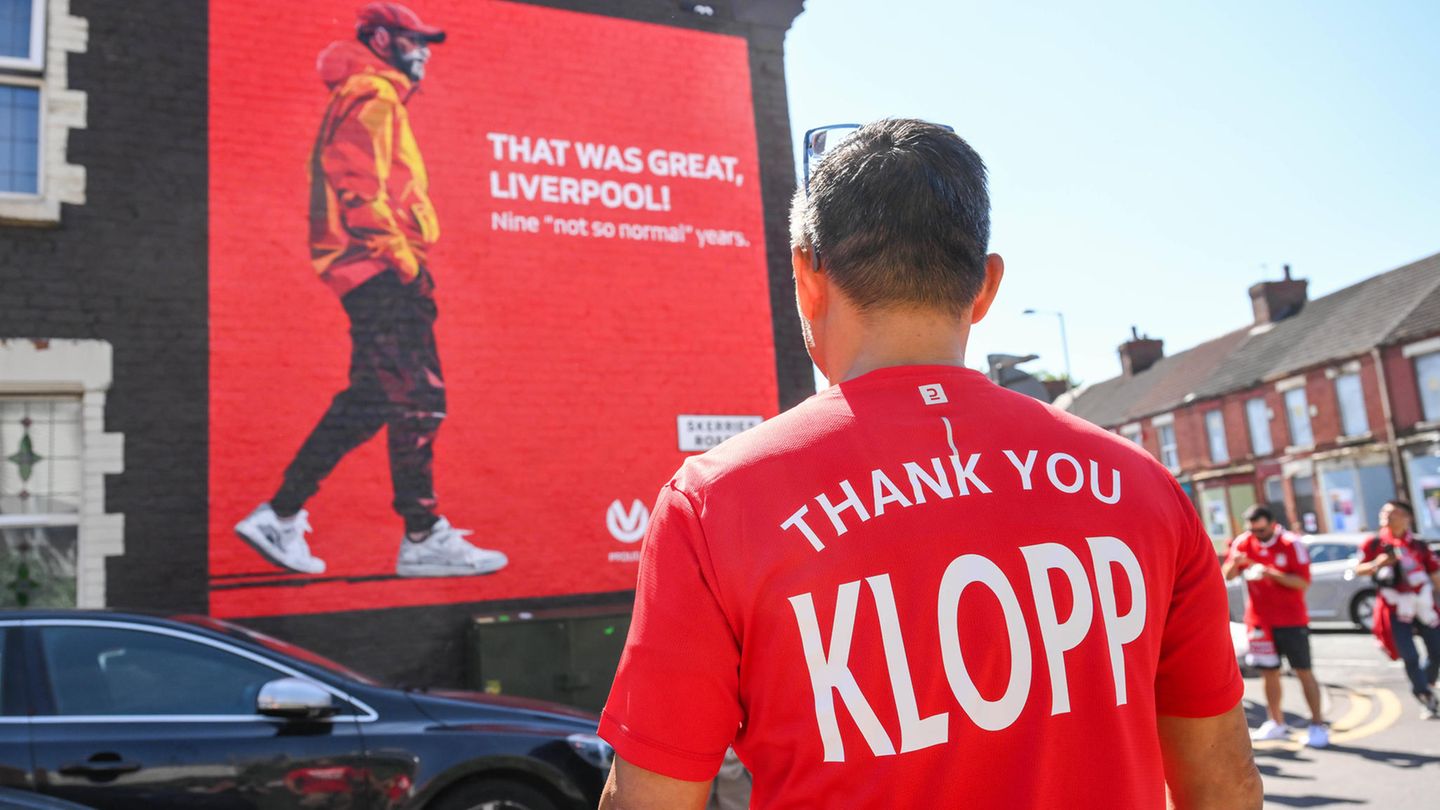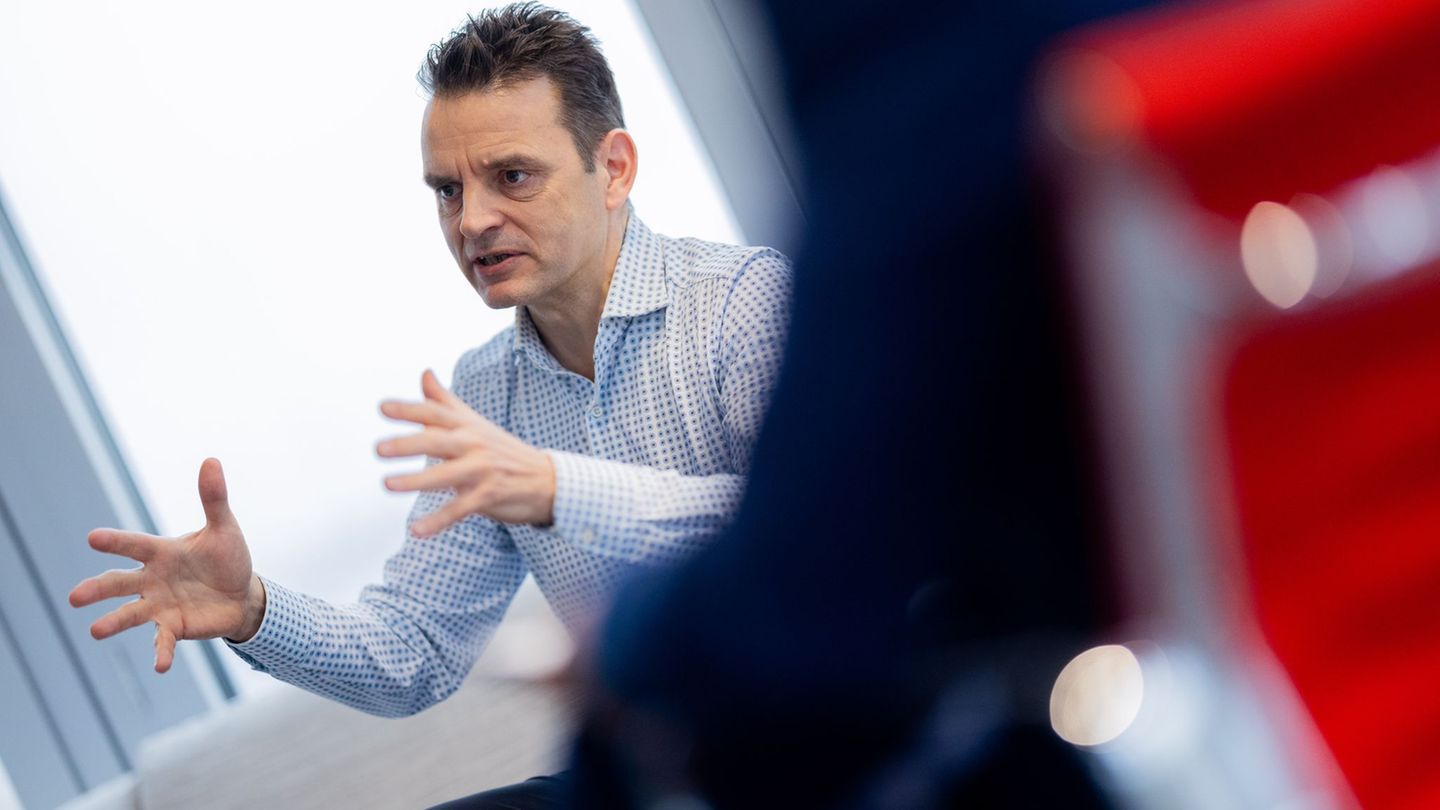Menu
Energy policy: Eon boss wants more competition in the expansion of renewables
Categories
Most Read
Former kitchen manufacturer: Trial against ex-board members discontinued after Alno bankruptcy
October 21, 2025
No Comments
Dust off radiators: This is how you save money in winter
October 21, 2025
No Comments
Economic situation: Allianz subsidiary: company insolvencies will increase worldwide in 2026
October 21, 2025
No Comments
Harvest is over: Final estimate: Smallest wine harvest in 15 years
October 21, 2025
No Comments
This is the best date for your trip to Disney
October 21, 2025
No Comments
Latest Posts

Not just Lena Oberdorf: The crux of the cruciate ligament among female soccer players: Fear is growing
October 21, 2025
No Comments
PierceI am Pierce Boyd, a driven and ambitious professional working in the news industry. I have been writing for 24 Hours Worlds for over five

Climate: Environmental organization warns about China’s coal chemical projects
October 21, 2025
No Comments
climate Environmental organization warns about China’s coal chemical projects Copy the current link Add to watchlist China doesn’t just use coal to generate electricity: chemicals

Jürgen Klopp as Liverpool coach? “Theoretically it is possible”
October 21, 2025
No Comments
Jurgen Klopp Liverpool coach? “Yes. Theoretically it is possible” Jürgen Klopp has actually announced his departure from the job of football coach. But for Liverpool
24 Hours Worlds is a comprehensive source of instant world current affairs, offering up-to-the-minute coverage of breaking news and events from around the globe. With a team of experienced journalists and experts on hand 24/7.

